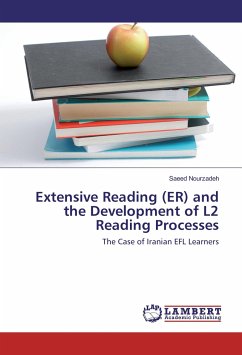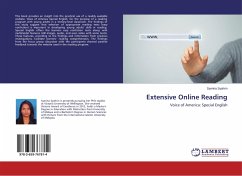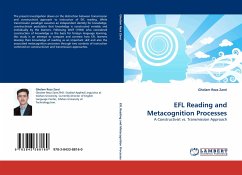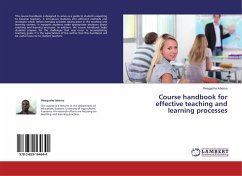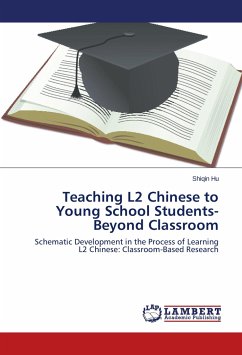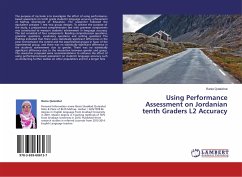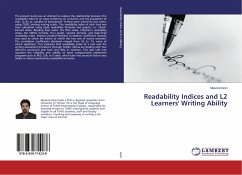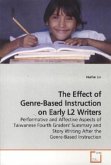Most L2 reading researchers agree that the most effective way for learners to improve their reading fluency and speed is to engage in what is called Extensive Reading, i.e., reading a lot of materials with the purpose of enjoying their content instated of focusing on their linguistic forms such as words, phrases, sentences, etc.In this type of reading, readers have control over what and to what extent they want to read. Extensive Reading has benefits for learners with different cognitive styles and strategies, in different situations, and of different ages. Further, it increases learners' autonomy, self-efficacy, and self-confidence, and exposes them to what is proposed by some second language theorists to be the primary mover of the process of second language acquisition; comprehensible input However, little has been written about the potential benefits that Extensive Reading would have for the development of general L2 reading comprehension processes. Hypothetically, it can be imagined that Extensive Reading promotes L2 learners' abilities to process L2 texts. It has been the aim of the present book to find out whether and to what extent this hypothesis is logical and correct.
Bitte wählen Sie Ihr Anliegen aus.
Rechnungen
Retourenschein anfordern
Bestellstatus
Storno

